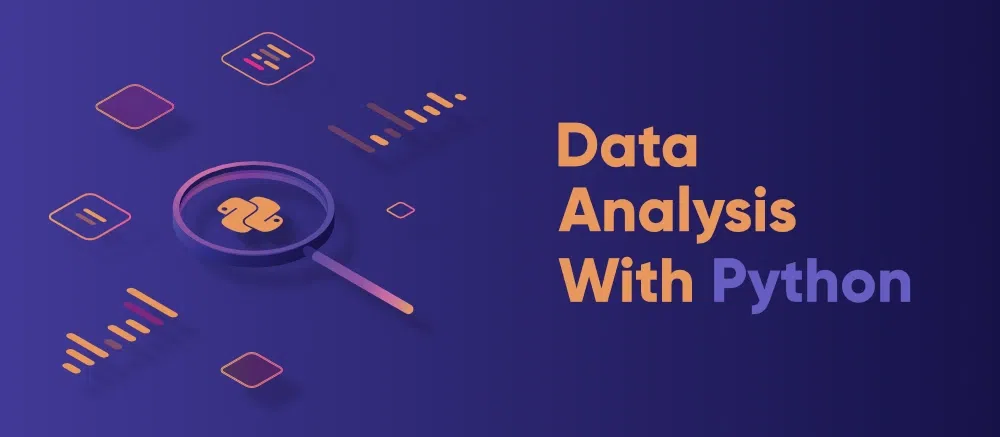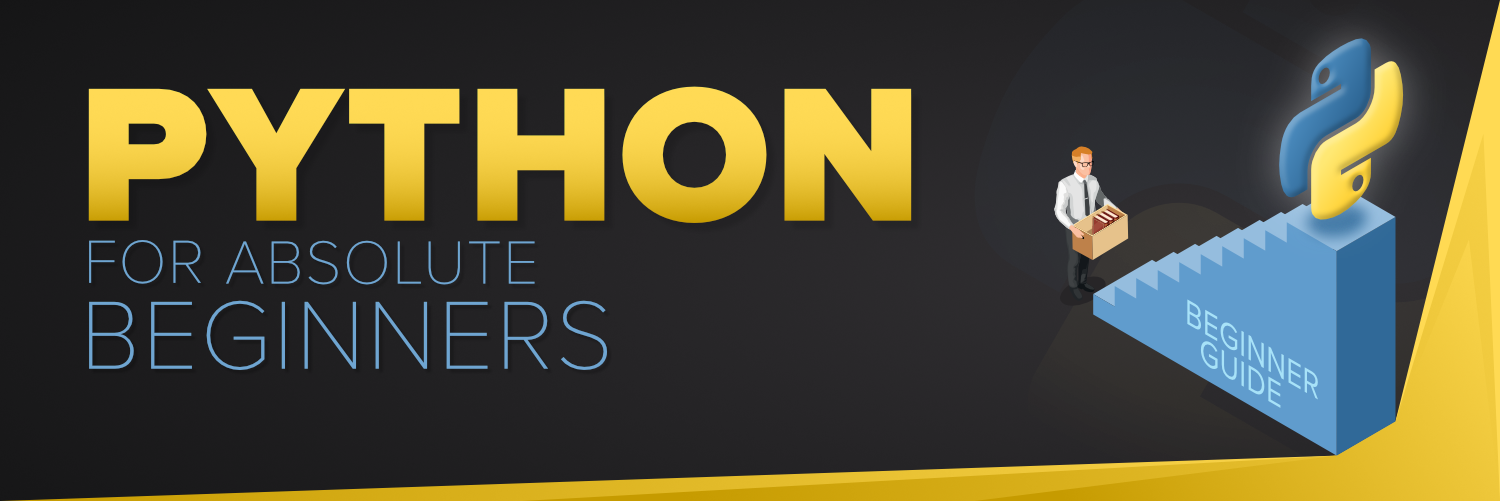Description
Welcome to “The Top 5 Machine Learning Libraries in Python” course, where we take you on an immersive journey through the most influential and powerful libraries that drive the world of machine learning. In this course, we provide an in-depth exploration of five key Python libraries – each a cornerstone in the toolkit of every data scientist and machine learning enthusiast.
Course Highlights:
- Introduction to NumPy:
- Begin your machine-learning journey with NumPy, the fundamental library for numerical computing in Python.
- Learn to manipulate arrays, perform mathematical operations, and handle data efficiently.
- Pandas for Data Manipulation:
- Dive into the world of data manipulation with Pandas, an essential library for cleaning, transforming, and analyzing structured data.
- Explore the power of DataFrames for handling diverse datasets with ease.
- Scikit-learn for Machine Learning Algorithms:
- Master Scikit-learn, the go-to library for implementing machine learning algorithms in Python.
- Learn to build, train, and evaluate models for classification, regression, clustering, and more.
- TensorFlow for Deep Learning:
- Delve into deep learning with TensorFlow, an open-source library developed by the Google Brain team.
- Understand the basics of neural networks and build sophisticated deep-learning models for various applications.
- PyTorch for Dynamic Neural Networks:
- Explore PyTorch, a dynamic computational graph framework widely used for deep learning.
- Learn to build and train neural networks with flexibility and ease, ideal for research and prototyping.
Hands-On Projects and Exercises:
- Apply your knowledge through practical projects and exercises designed to reinforce your understanding of each library.
- Gain real-world experience in implementing machine learning solutions.
Industry Insights and Best Practices:
- Stay abreast of industry trends and best practices in the field of machine learning.
- Learn from real-world case studies and examples showcasing the impact of these libraries in various industries.
Community Collaboration:
- Join a community of like-minded learners and experts.
- Engage in collaborative learning through forums, discussions, and shared projects.
Who Should Enroll:
- Aspiring Data Scientists
- Machine Learning Enthusiasts
- Developers and Programmers
- Professionals seeking to enhance their machine-learning skills
By the end of this course, you’ll not only have a comprehensive understanding of the top machine-learning libraries but also the practical skills to apply them to real-world problems. Whether you’re aiming to build a career in data science, enhance your machine learning capabilities, or simply explore the cutting edge of technology, this course is your gateway to mastering the top machine learning libraries in Python. Enroll now and embark on a transformative learning experience!







Rukayat –
This course goes beyond just listing libraries; it offers practical insights for decision-making. The instructor discusses the strengths and use cases of each library, helping learners make informed choices based on project requirements. The real-world examples and comparisons provided a solid foundation for my machine learning endeavors.
Abigail –
The ‘Top 5 Machine Learning Libraries in Python’ course provided an invaluable overview of the most essential tools in the field. The instructor’s clear explanations and practical demonstrations made it easy for me to understand and evaluate each library. A must for anyone looking to navigate the vast landscape of ML libraries efficiently.